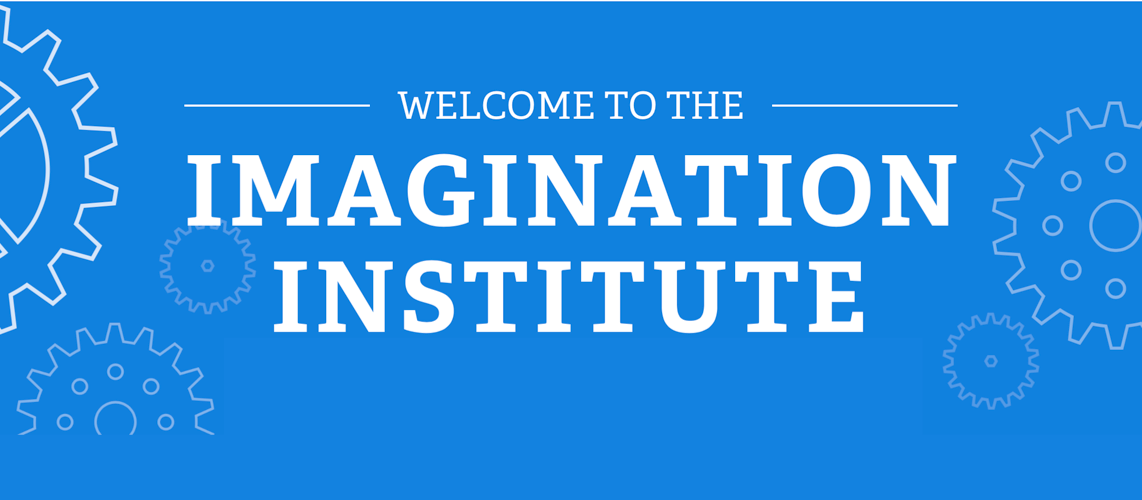Palo Alto, California
May 3-4, 2016
Media Reports
Participants
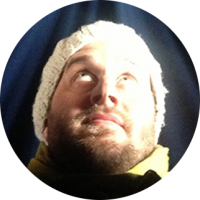
Stuart Candy
Professor of Design in Strategic Foresight & Innovation and Digital Futures at OCAD University in Toronto
Dr. Stuart Candy is an experiential futurist on a mission to bring foresight to life, seeking to use immersive, participatory and guerrilla futures interventions to pattern a wiser and more vital culture of public imagination. His work has appeared at events and museums around the world, on the Discovery Channel, and in the pages of Wired magazine and The Economist. Often sought out for strategic input on unusual initiatives, he has worked with organizations including the United Nations Development Programme, the University of Oxford, the Sydney Opera House, UNESCO, IDEO, Arup, Interface, and the government of Singapore. He recently co-created the award-winning imagination game, The Thing From The Future, and helped to design the 2016 Museum of the Future at the World Government Summit in Dubai. He is currently Director of the Situation Lab and a tenure-track professor in the world’s first hybrid foresight/design program, at OCAD University in Toronto. Stuart is a two-time Graduate Degree Fellow of the East-West Center (Hawaii), and a Fellow of The Long Now Foundation (San Francisco), the INK Conference (India), and the Museum of Tomorrow (Rio de Janeiro).
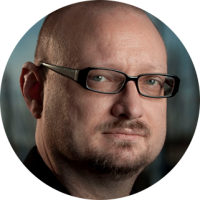
Jamais Cascio
Distinguished Fellow at IFTF
Selected by Foreign Policy magazine as one of their Top 100 Global Thinkers, Jamais Cascio has explored the intersection of environmental dilemmas, emerging technologies, and cultural evolution for nearly 20 years. Cascio currently serves as a Distinguished Fellow at the Institute for the Future in Palo Alto, California. In 2009, Cascio publishedHacking the Earth: Understanding the Consequences of Geoengineering. Cascio’s written work has appeared in the Atlantic Monthly, New Scientist, and the New
York Times, among many others. He has been featured in a variety of films and television programs on future issues, including National Geographic’s 2008 documentary on global warming, Six Degrees, the 2010 CBC documentary, Surviving the Future, and the 2013 documentary, Fixed: The Science/Fiction of Human Augmentation. Cascio speaks about future possibilities around the world, at venues including the Conference on World Affairs, the National Academy of Sciences in Washington DC, and TED.
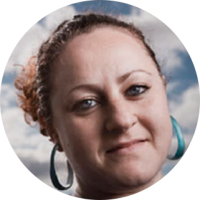
Tessa Finlev
Research Director at IFTF’s Peace and Development Lab and Restorative Justice City Initiative
Tessa Finlev, Research Director-Institute for the Future, works primarily at the intersection of civic engagement, futures thinking, and social change. She is currently spearheading two new initiatives; the Peace and Development Lab and the Restorative Justice City. The Peace and Development Lab is merging the futures, international development, and peacebuilding worlds. With a participatory futures model we use an inside-out process for facilitating dialogue, discovery, and unity across diverse stakeholders. The Restorative Justice City combines research on the future of crime, prisons, and cities to look at system-wide interventions to improve our criminal justice system. The Restorative Justice City asks, what would happen if we rebuilt our cities based on restorative rather than punitive design?
Tessa was a Peace Corps Volunteer in Kenya and holds a BA in anthropology from UC Santa Cruz and an MA in international political economy and development from Fordham University.
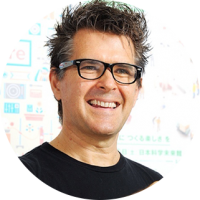
Mark Frauenfelder
Founder of Boing Boing and Editor-In-Chief of Cool Tools
Mark is a blogger, illustrator, and journalist. He is the founder of the news and culture website, Boing Boing (BoingBoing.net), and the editor-in-chief of Cool Tools (Cool-Tools.org). He was the founding editor-in-chief of MAKE magazine, an editor at Wired from 1993-1998, and the founding editor of Wired Online. Mark is the author of eight books, including Maker Dad: Lunch Box Guitars, Anti-Gravity Jars, and 22 Other Cool Father-Daughter Projects.
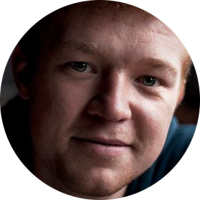
Dylan Hendricks
Director of the Ten-Year Forecast Program at IFTF
Dylan’s interest in media has always revolved around a belief that good storytelling is the most essential tool for advancing society. In that effort, he has been eagerly riding the crest of innovation that has
radically disrupted the media landscape over the last several decades. As director of the Ten-Year Forecast Program at the Institute for the Future, he is always pursuing new ways to synthesize and communicate the trends and paradigms that are transforming the fabric of twenty-first-century life. Dylan has a B.A. in Psychology and Religion from Bryn Athyn College, PA.
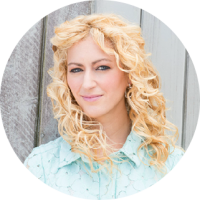
Jane McGonigal
Director of Games Research & Development at the Institute for the Future (IFTF)
Jane McGonigal, Ph.D., is a world-renowned game designer and the author of two New York Times bestselling books: Reality is Broken: Why Games Make Us Better and How They Can Change the World and SuperBetter: The Power of Living Gamefully. She is best known as the inventor of SuperBetter, a game that has helped more than half a million players tackle real-life health challenges such as depression, anxiety, chronic pain, and traumatic brain injury. She has also created games for the World Bank, the American Heart Association, the International Olympics Committee, Oprah Winfrey’s Lifeclass series, and the New York Public Library. Jane is currently the Director of Games Research & Development at the Institute for the Future, a non-profit research group in Palo Alto, California. She
lives in San Francisco with her husband, twin daughters, and two Shetland Sheepdogs. When not making games or doing science, she competes in long-distance trail races.
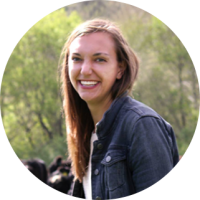
Sarah Smith
Researcher at IFTF’s Food Futures and Health Futures Labs
Sarah is a designer and writer who helps people imagine new stories about the future of food, health, and technology. She creates artifacts from the future, which provoke public imagination about what kind of futures we really want to live (and therefore, eat) in. As a researcher in IFTF’s Food Futures and Health Futures Labs, Sarah has worked with many of the world’s largest food, health, and CPG companies to plan for more resilient futures. She was recognized for culinary public diplomacy on behalf of the USA for participating in the Expo Milano 2015, has written for National Geographic’s food blog, and traveled across the country on the Millennial Trains Project to explore new possibilities for food innovation. She draws from her experience in a range of disciplines—international studies, graphic design, creative writing, and the food service industry—to explore how emerging technologies and social practices will change the way people and communities seek and create well-being. Sarah holds a
BA in International Studies and Visual Communication from Loyola University Chicago.
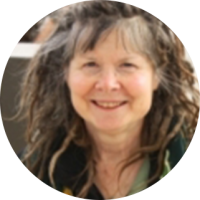
Kathi Vian
Distinguished Fellow and Author of the annual Map of the Decade at IFTF
As a distinguished fellow at IFTF, Kathi looks at the global future through three intersecting lenses: the evolution of smart networking and social media, the innovations in open economies, and the extreme environments in which human communities will evolve over the coming century. She has a long history of applying new methodologies and frameworks to thinking about cutting-edge issues in technology and society and their impacts on individuals, communities, organizations, and the world at large. For over a decade, Kathi led IFTF’s Ten-Year Forecast Program and is the author of IFTF’s annual Map of the Decade. Kathi’s current research focus is the urgent futures that will challenge us in the coming decade as we transition from a world organized at the scale of large institutions to a world organized by distributed networks of social, political, and economic value. She is particularly interested in the tools and social innovations that will reshape the way people organize to get things done in the face of extreme global inequities, an uncertain climate, a transformation of the nature of work, and a basic redefinition of
our human biology. Kathi began working with IFTF in 1974 and holds a B.A. in languages and linguistics from Ohio State University and a Ph.D. in communications from Union Graduate School.
